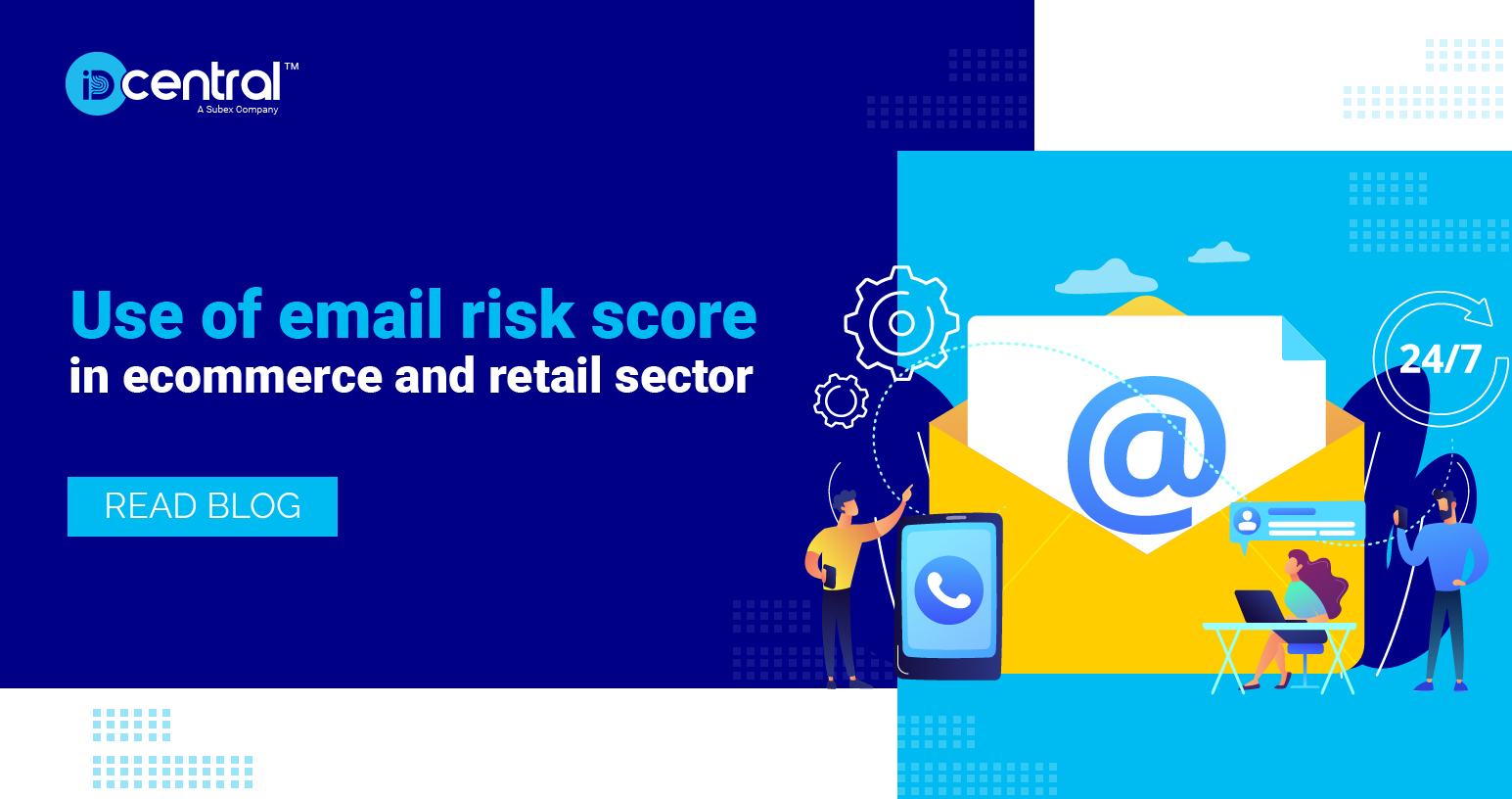“On the Internet, nobody knows you’re a dog” is an adage about Internet anonymity which began as a caption to a cartoon. And it has been perceived that way since then! Who knows who is behind the curtains of internet?
Enterprises face a lot of difficulty due to the anonymity factor while functioning digitally, especially e-commerce as it continues to grow popularity during covid-19 (E-commerce is projected to grow by nearly 20% YoY )Frauds such as CNP frauds, coupon and discount abuse, Ad-tech fraud are very much prevalent and have seen a steep rise with the rise in ecommerce. Account take over frauds have increased by 282% in the year 2020. For each dollar of fraud, retailers typically spend $3.13 in transaction fees, merchandise replacement and redistribution. Online frauds reduce the average e-commerce company’s revenue by 5%, and reducing fraud is crucial to manage the bottom line. It has raised a yellow flag for enterprises to be much more careful in the type of orders they take. But as they become more restrictive due to fraud, they are losing customers and revenue.
Customers demand the flexibility to access e-commerce application through multiple channels. Whether using a smartphone, tablet, laptop, or other device, they expect you to recognize their identity and grant services on the spot. At the same time, they want assurance that their personal information is secure, and fraudsters cannot hijack their account. That is an extremely challenging task. So how do we sort this out? An email risk assessment is one of the most efficient solution for this.
An email address is the second most used identity attribute (Name being the first) in digital world for registration of almost everything and transaction of anything. Your email ID is not just a way to slip in one’s inbox, but it can also tell a lot about its owner!!
An email risk assessment is an important practice that can help enterprises losing on revenue due to frauds. It helps in verifying a potential customer’s email address against information about that person that exists online. This information can be used to validate a customer’s identity and even evaluate their reputation. Since 91% of users have the same email address for more than 3 years, and 51% have the same email address for more than 10 years there are multiple data points linked to it. These profiles can then be analyzed in real time to determine an email risk score. These scores provide the email risk assessment tools the ability to allow the transaction or decline it on the spot. We can also get a data breach report which can help in reducing ATO.

If an email gets hijacked, fraudsters can use it to gain access to your online accounts by impersonating your identity, making purchases, and even stealing your identity. Email risk assessment uses data, such as name matching, email address validity, and validating social media profiles to make better decisions about accepting orders. You can also check whether a particular email address is on a blacklist for fraudulent transactions.
IDcentral provides you an accurate email risk score which helps you evaluate the legitimacy of an email being used to make a purchase or create an account.
- It verifies whether the provided email address is real or not.
- It assesses the type and quality of the domain.
- It verifies the person’s identity by matching it with known social media profiles.
- It checks whether the email address is blacklisted.
- It verifies whether the email has been involved in known data breaches.
On-demand Webinar- Axiata Digital: Optimizing digital experience understanding customer data

Ayesha Kapoor is currently working with IDcentral (A Subex Company) as a growth Marketer. She is a post graduate in management from Symbiosis Institute of Digital and Telecom management with marketing as her majors. She is creative head who loves to read and explore different avenues in the field of Marketing, Branding and Advertising.


